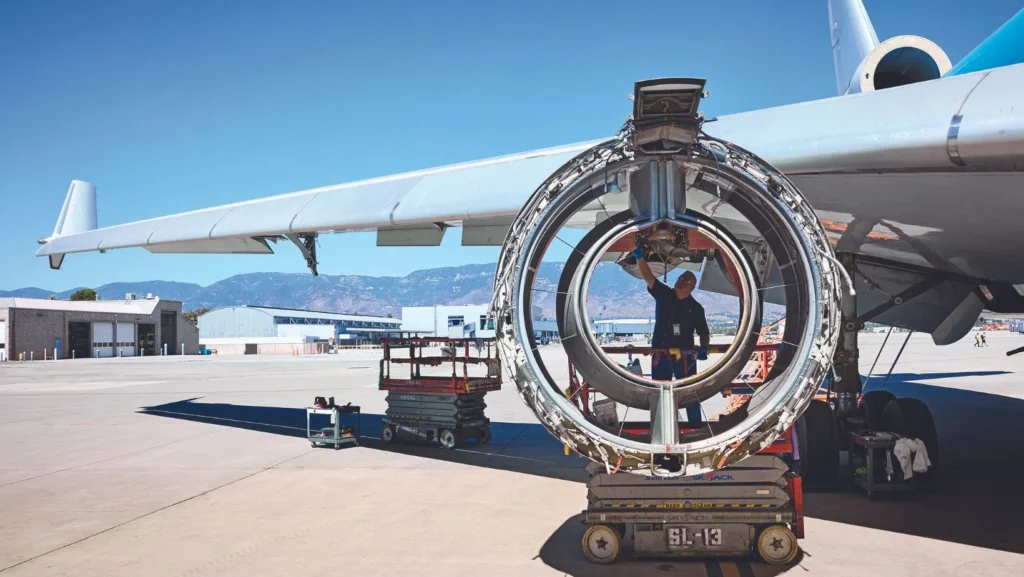Unical’s Chad Kartchner highlights the role of waste management in minimising environmental impact and maximising material recovery in aircraft EOL processes.
Sustainability is gaining increasing focus within the commercial aviation industry, and that includes more specifically within the MRO sector.
Environmental regulations, such as ICAO’s Carbon Offsetting and Reduction Scheme for International Aviation and the EPA’s Clean Air Act, drive MRO providers to adopt more sustainable practices to minimise environmental impact and promote long-term sustainability.
Aviation companies have set targets to achieve net zero by 2050. As airlines and original equipment manufacturers (OEMs) implement action plans to meet these goals, their practices are flowing down the supply chain, including to parts supply companies.
While a primary focus of the industry is fuel efficiency, there are other areas where airlines and MRO providers can work to improve sustainability. Everyone in the supply chain can take measures in their own areas to reduce aviation’s overall environmental impact.
When it comes to end-of-life (EOL) processes, MRO providers, such as Unical Aviation, can implement waste management programmes, which include recycling and reusing parts and materials whenever possible.
As a used serviceable material (USM) provider, Unical has a business model that, by nature, helps to reduce, reuse and recycle parts that might otherwise be sent to landfills. Not only does this reduce waste, but it also reduces the need for new materials and extends the life of large assets.
This article continues after the following picture:

This approach also allows aircraft companies to prove to their customers how eco-friendly and creative they can be with upcycling while maintaining proper safety protocols.
Larger providers, like Unical, may have more opportunity to be able to reuse parts that a small supplier may discard or not have the capacity for.
Unical has over 80 million parts and supplies parts for thousands of customers globally, creating more opportunities to find value-added use cases for a wide variety of parts. The reuse and recycling of parts must, of course, be balanced against the improved efficiency of newer aircraft but, overall, using serviceable material is an opportunity for aircraft companies to demonstrate to their community how they positively contribute to their local environment.
Vertical integration can also help reduce waste in many ways. Unical is a vertically integrated parts distributor, meaning it also has an aircraft teardown facility and a repair station located adjacent to its parts warehouse.
Unical’s vertically integrated repair station has environmental benefits; for instance, a repair shop located adjacent to the warehouse allows Unical to reduce emissions from shipping parts to and from a third-party repair facility.
Vertical integration has enabled sustainability improvements in other industries, empowering companies to reduce waste created by intermediaries.
As aircraft companies strive to attract potential customers and partners, they should consider sustainability initiatives and practices that can be seamlessly integrated into their operations.
MRO providers should incorporate sustainability practices into their operations sooner rather than later instead of waiting until it becomes a mandate from either customers or regulatory bodies.
The importance of sustainability will only continue to grow, and companies must adapt and evolve with their customers to avoid being left behind.
This feature was first published in MRO Management – July 2024. To read the magazine in full, click here.
